Sparkle Abbey’s Top Five Writing Books
by Sparkle Abbey
We are list people. By that we mean we like to make lists for just
about everything. On any given day you could ask to see our daily to do lists,
goal lists, grocery store lists, movies we want to see list, books we want to
read list, conferences we want to attend list, places we want to go list, home
improvement projects list, or a vacation/conference packing list (yes, that
really does exist). We love lists! It’s possible some might call us list
obsessed.
about everything. On any given day you could ask to see our daily to do lists,
goal lists, grocery store lists, movies we want to see list, books we want to
read list, conferences we want to attend list, places we want to go list, home
improvement projects list, or a vacation/conference packing list (yes, that
really does exist). We love lists! It’s possible some might call us list
obsessed.
Creating lists makes us feel organized, helps us to remember
things, and at times is a way to relieve stress and get focused. Crossing items
off of our list is extremely satisfying. It’s a visual of what we’ve
accomplished. We’ve been known to jot down an item we’ve already accomplished just
to have the satisfaction of crossing it off.
things, and at times is a way to relieve stress and get focused. Crossing items
off of our list is extremely satisfying. It’s a visual of what we’ve
accomplished. We’ve been known to jot down an item we’ve already accomplished just
to have the satisfaction of crossing it off.
One of our favorite lists is of writers’ reference books. There
are so many amazing books available that a writer’s education can never be
complete. We’re always learning ways to bring new insight and inspiration to
our craft. Even the most seasoned writers have their favorite, go-to reference
book.
are so many amazing books available that a writer’s education can never be
complete. We’re always learning ways to bring new insight and inspiration to
our craft. Even the most seasoned writers have their favorite, go-to reference
book.
There is an abundance of writing books, and we are all ears when a
fellow writer starts talking about a new one they’ve just purchased. Could it
help us find new inspiration? Has
someone explained “scene and sequel” in a new and interesting way? Is there a
new plotting book that will help us develop a stronger and more intricate plot?
There are books for beginning writers, intermediate writers, and books for the
writer who’s been around the block a timer or two.
fellow writer starts talking about a new one they’ve just purchased. Could it
help us find new inspiration? Has
someone explained “scene and sequel” in a new and interesting way? Is there a
new plotting book that will help us develop a stronger and more intricate plot?
There are books for beginning writers, intermediate writers, and books for the
writer who’s been around the block a timer or two.
Here’s a list of five reference books that we highly recommend and
use frequently.
use frequently.
- Goal
Motivation and Conflict by Debra Dixon
Full disclosure, this book was written by our publisher at Bell
Bridge Books. But we read this book, breathed this book, and lived this book for
years before we began working professionally with Deb. Goal Motivation and Conflict (or GMC) will teach you how to tell a
clear story by using your characters goals, motivations, and conflicts.
Bridge Books. But we read this book, breathed this book, and lived this book for
years before we began working professionally with Deb. Goal Motivation and Conflict (or GMC) will teach you how to tell a
clear story by using your characters goals, motivations, and conflicts.
- Techniques
of the Selling Writer by Dwight V. Swain
This is a dense book and we don’t recommend reading it
in one setting. He explains the fundamentals of a good story, action and
reaction, and scene and sequel.
in one setting. He explains the fundamentals of a good story, action and
reaction, and scene and sequel.
- Writing
and Selling Your Mystery Novel by Hallie Ephron
If you’re writing a mystery, this is a must have.
Besides breaking down what a mystery is and its subgenres, you’ll learn how to
create three dimensional characters, effective plots, and strategic revision. If
you like worksheets, like we do, this book has them in spades.
Besides breaking down what a mystery is and its subgenres, you’ll learn how to
create three dimensional characters, effective plots, and strategic revision. If
you like worksheets, like we do, this book has them in spades.
- Self-Editing for Fiction Writers by Renni Browne and
Dave King
There are probably hundreds of books on self editing, but this
book is the one that w have found the most useful. The book helps you identify
what needs editing and revising, and covers everything from, show don’t tell,
voice, dialogue, and point of view along with hands on exercises.
book is the one that w have found the most useful. The book helps you identify
what needs editing and revising, and covers everything from, show don’t tell,
voice, dialogue, and point of view along with hands on exercises.
- Bird
by Bird: Some Instructions on Writing and Life By Anne Lamott
Anne gives advice and inspiration by sharing experiences from her
own life. She will move you from laughter to tears as she talks about getting past that crappy
first draft, dealing with writer’s block, and finding inspiration in not only
by what’s around you, but by what’s
inside of you.
own life. She will move you from laughter to tears as she talks about getting past that crappy
first draft, dealing with writer’s block, and finding inspiration in not only
by what’s around you, but by what’s
inside of you.
We have so many more recommendations, but we thought
we would just start with these five.
we would just start with these five.
 What about you? Are you a list maker? Or does just the thought of
What about you? Are you a list maker? Or does just the thought ofmaking a list increase your anxiety? What about reference books, do you have a
favorite? If so please leave a comment and let us know which ones you
recommend.
we don’t have it, we probably will add it to our list of books to buy next.
Sparkle
Abbey is the pseudonym of mystery authors Mary Lee Woods and
Anita Carter. They’ve chosen to use Sparkle Abbey as their pen name on this
series because they liked the idea of combining the names of their two rescue
pets – Sparkle (ML’s cat) and Abbey (Anita’s dog).
pampered pooches, and secrets in posh Laguna Beach, California. The main
characters and amateur sleuths are Texas cousins, Caro Lamont, a pet therapist,
and Melinda Langston, a pet boutique owner. The two would join forces and work
together if they were speaking, but they’re not. Midwest Book Review
calls the series “A sassy and fun mystery!”
Abbey is the pseudonym of mystery authors Mary Lee Woods and
Anita Carter. They’ve chosen to use Sparkle Abbey as their pen name on this
series because they liked the idea of combining the names of their two rescue
pets – Sparkle (ML’s cat) and Abbey (Anita’s dog).
The authors co-write the best-selling
Pampered Pets Mystery Series which focuses on the wacky world of precious pedigrees,pampered pooches, and secrets in posh Laguna Beach, California. The main
characters and amateur sleuths are Texas cousins, Caro Lamont, a pet therapist,
and Melinda Langston, a pet boutique owner. The two would join forces and work
together if they were speaking, but they’re not. Midwest Book Review
calls the series “A sassy and fun mystery!”


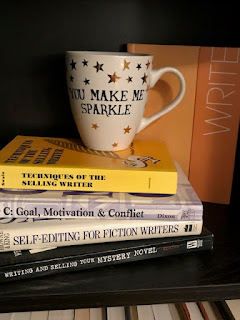
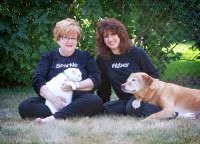
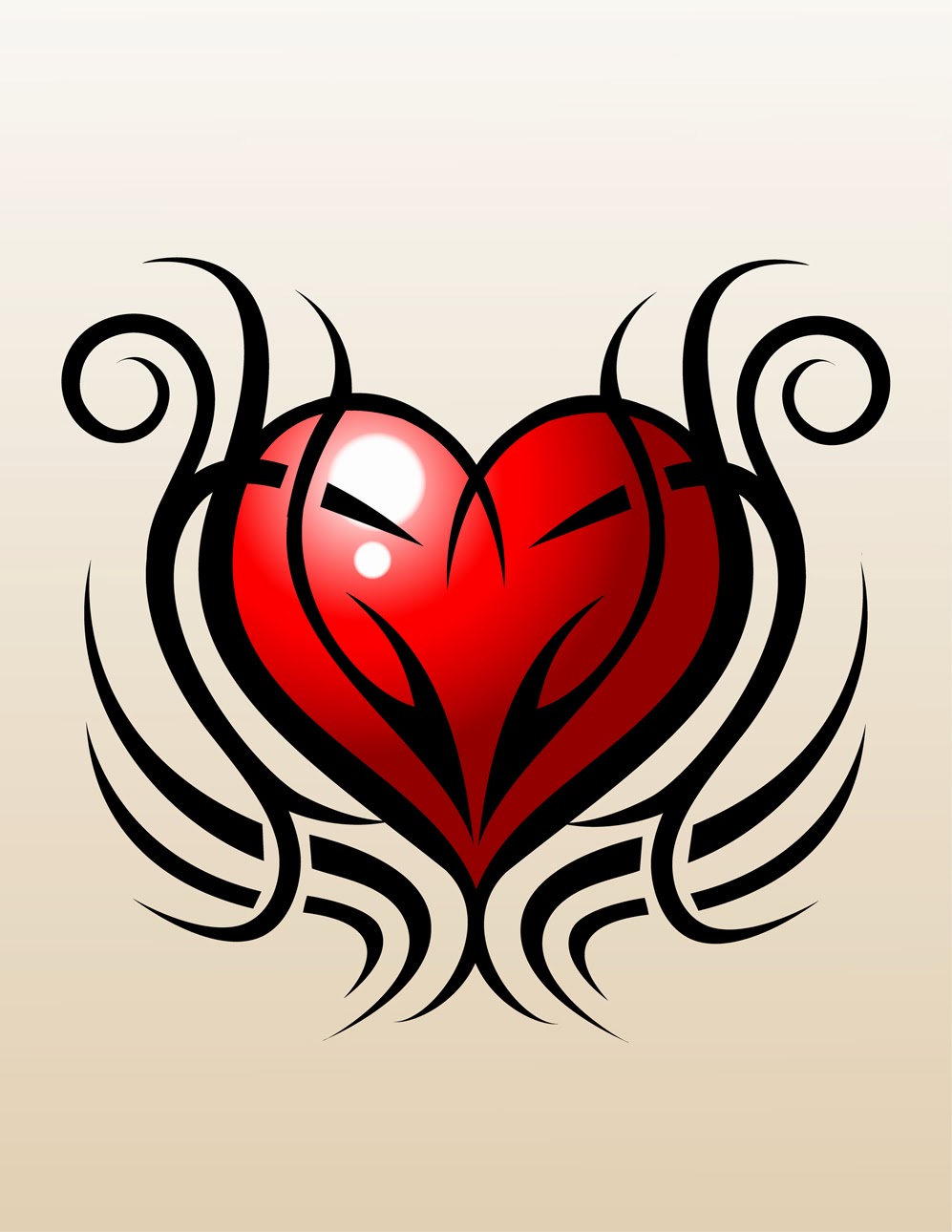
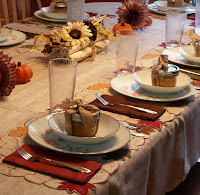
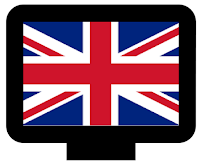



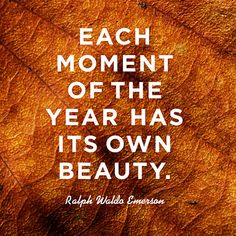

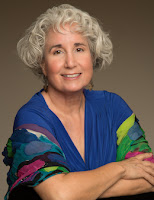
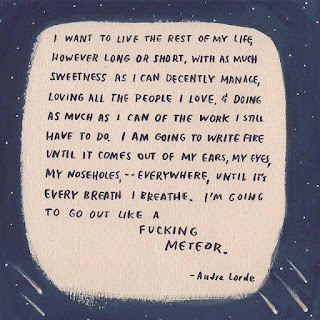
I am indeed a list maker! —and a list follower too. (I wouldn't get through the day without the 2Do app on my phone and my computer.)
Three of the books here are among my own favorite books for writers; I need to check out Goal Motivation and Conflict and the Self-Editing book–new to me. I would also add a couple of my own favorites: Writing Fiction by Janet Burroway is the bible for me (I go back to it often) and I use Madison Smartt Bell's Narrative Design in my own writing classes–it's perfect for thinking about both overall structure and line-by-line precision (for short story writers particularly). I also enjoyed Rules of Thumb (short essays by 73 writers) and am now reading John McPhee's Draft No. 4. Something about even sampling these books always eases me into my own work. Thanks for the great post here!
Art – These are great additions! Fascinated with the Narrative Design idea especially and adding these to our list!
So many good ones here! I've always adored Anne Lamott's book and now I want to try these others. Reading Stephen King's On Writing was a revelation – how his life and his writing are so seamlessly connected.
Thank you for this list. Art, I also love Janet Burroway's book, have had the privilege of studying with her. Might I suggest my own Plotting the Character-Driven Novel?
Hell yes. I recommend the plotting the character driven novel
It rocks. Linda
Aimée Medina Carr and Corinne esphanwhat? Read these books!!!